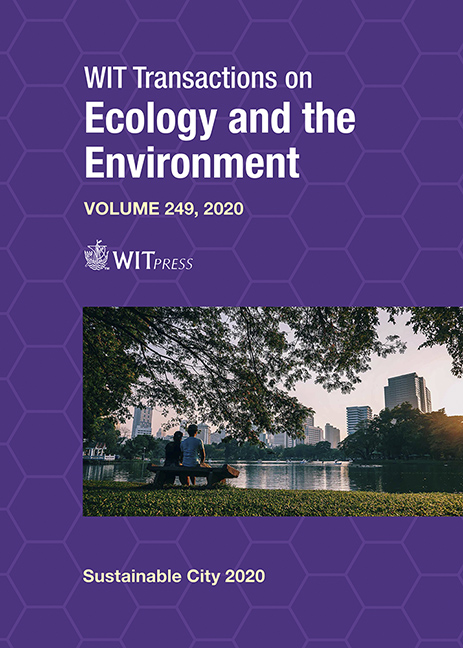ATHENS WATERFRONT DEVELOPMENT: THE PUBLIC SPACE AS A MEANS FOR SUSTAINABLE REGENERATION
Price
Free (open access)
Transaction
Volume
249
Pages
13
Page Range
219 - 231
Published
2020
Paper DOI
10.2495/SC200191
Copyright
WIT Press
Author(s)
ELENI SPANOGIANNI, YIOTA THEODORA
Abstract
Waterfront management is a crucial issue in spatial planning of coastal and port cities, with interest in it intensifying. In the current critical time of a multifaceted crisis in Greece – a country with a strongly coastal/insular-based character – the challenge of a comprehensive confrontation of this subject becomes even stronger, mainly due to climate change and local identity. Recognizing that this special category of space is characterized by complexity, the article seeks to contribute to the ongoing debate, emphasizing the need to change the way we face waterfront development and utilize its dynamics.The purpose of this research is the designation of a multidimensional methodological approach which seeks to investigate the capability of public space to assume a role as a unifying element for the reassurance of the city-sea relationship. The Athenian coastal zone is defined as a pilot field of investigation, focusing from the Faliron Bay to the Hellinikon area. The article states its interest on this highly urbanized area, where a concentration of hyper-local infrastructures and functions is confirmed. The objective is to investigate the question as to whether the public space can act as a means for the reinforcement of the urban coastal front, the assurance of its spatial continuity and its attribution to citizens’ everyday life. It aims at re-opening the discussion through supporting the need for the creation of a coastal sustainable strategy integrated into an overall urban policy with emphasis on new structures of governance and the reassurance of the city-sea relationship with the public space acting as a catalyst. In this rationale, attention is given, inter alia, to the systematic study of the proposed planning practices referring to the pilot area, mapping its spatio-functional transformations as well as structuring a new indicator-based assessment system ready to contribute to the evaluation and measurement of possible future changes and dynamics.
Keywords
coastal/port cities, waterfront development, spatial policies and urban regeneration, spatial and environmental planning, livable cities and smart sustainability, public space, climate change and resilience





